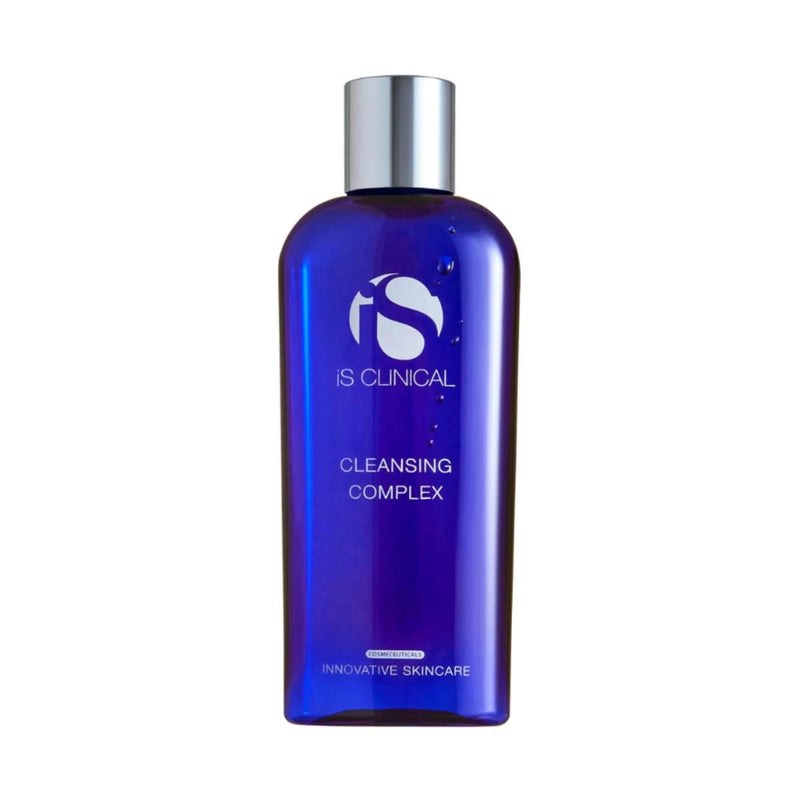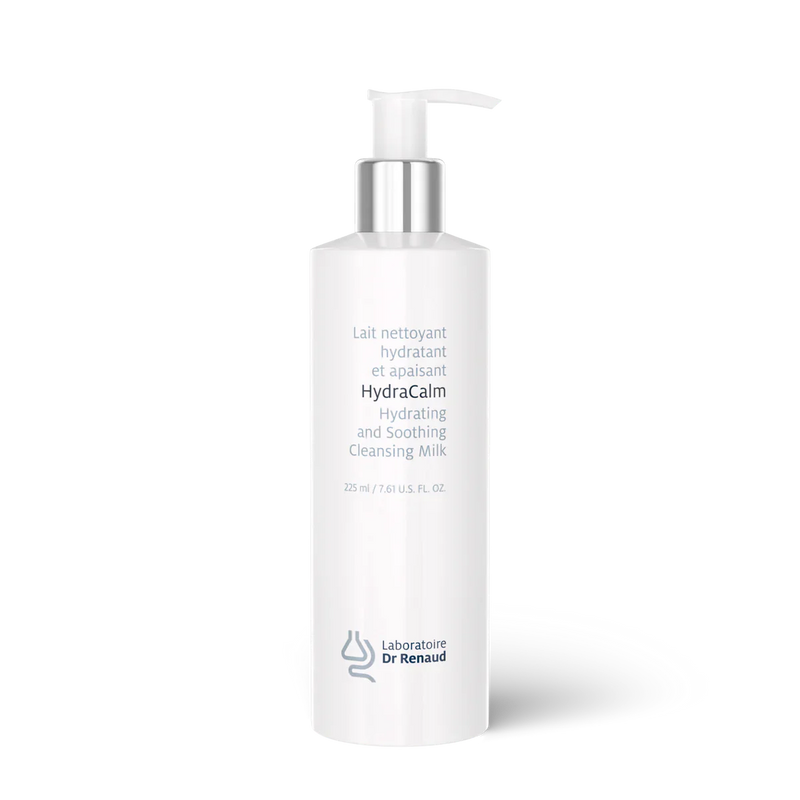
Pregnancy is one of the most magical yet most responsible periods in a woman’s life. It’s a time of major changes — not only in emotions and thoughts but also in the body. The skin, as a reflection of everything happening inside, responds to hormonal storms, mood swings, a growing belly, and the overall load on the body.
And while a pregnant woman’s beauty gains a special glow during this time, skincare becomes more important — and also more complicated, since many familiar products become off-limits. So how can you find a balance between self-care and your baby’s safety? Let’s find out together.
How pregnancy changes the skin: key challenges
Due to hormonal shifts (especially estrogen and progesterone), the body goes through transformations that often affect the skin:
- Dryness or, on the contrary, excessive oiliness
- Pigmentation spots (melasma), especially on the cheeks, forehead, and upper lip
- Acne and breakouts, even if your skin was previously clear
- Redness, sensitivity, allergic reactions
- Stretch marks (striae) on the belly, breasts, and thighs
- Itching, tightness, loss of elasticity
These changes are temporary, but they impact physical and emotional comfort. Proper care can prevent many issues, ease discomfort, and help retain your skin’s softness, elasticity, and natural beauty.
Using cosmetics during pregnancy – what’s allowed and what’s not
It’s important to remember: not all ingredients are safe during pregnancy, since some may enter the bloodstream and affect fetal development. Here’s a brief guide:
Ingredients to avoid:
- Retinoids (retinol, tretinoin, isotretinoin) – potentially toxic to the fetus
- Salicylic acid (in high concentrations) – only allowed in small amounts
- Hydroquinone – a dangerous depigmenting agent
- Essential oils like cinnamon, sage, rosemary – may have abortive effects
- Phthalates, parabens, formaldehyde – controversial preservatives and fragrances
Safe and beneficial ingredients:
- Hyaluronic acid – moisturizes without deep absorption
- Niacinamide – gentle and versatile for tone correction and acne
- Zinc – antibacterial and effective against acne
- Aloe vera, panthenol, chamomile – soothing ingredients
- Almond, jojoba, shea butter, cocoa butter – deeply nourishing and prevent stretch marks
Skincare routine steps
Cleansing (morning and evening):
Use gentle foams, gels, or milks without fragrances or alcohol. Look for pH-balanced and hypoallergenic options.
Toning:
Choose toners with chamomile, cucumber, aloe, or thermal water — ideal for refreshing and calming the skin.
Moisturizing:
Go for creams with hyaluronic acid, allantoin, or plant extracts. Avoid synthetic fragrances.
Sun protection (SPF):
Pigmentation can appear suddenly, so daily protection is essential! Choose physical filters (zinc oxide, titanium dioxide) that don’t penetrate the skin.
Stretch mark care:
Massage oils and creams with vitamin E, almond oil, or shea butter help maintain firmness on the belly, thighs, and breasts.
Facial care:
Serums with niacinamide, lightweight gels with zinc for acne, and soothing creams with panthenol are your allies.
Breast skin care:
Balms with lanolin and plant oils help relieve sensitivity and prevent nipple cracking in later stages.

Tips for skincare during pregnancy
- Choose products labeled “for pregnancy” or “safe during pregnancy”
- Avoid strong scents — your senses are more sensitive now
- Always patch test new products
- Don’t overdo it — less is more
- Drink plenty of water, rest well, and avoid stress — this is the best inner care
Being pregnant isn’t just about waiting for a miracle. It’s also about learning to listen to your body, treating it with tenderness, and choosing what’s best for it. Skincare during this time isn’t just about beauty — it’s about care, calm, and confidence.
Carefully chosen products will help you feel confident, refreshed, and happy — and that state is the best gift both for you and your baby.
You can order natural and safe cosmetics at LACREMELUXE: https://lacremeluxe.com